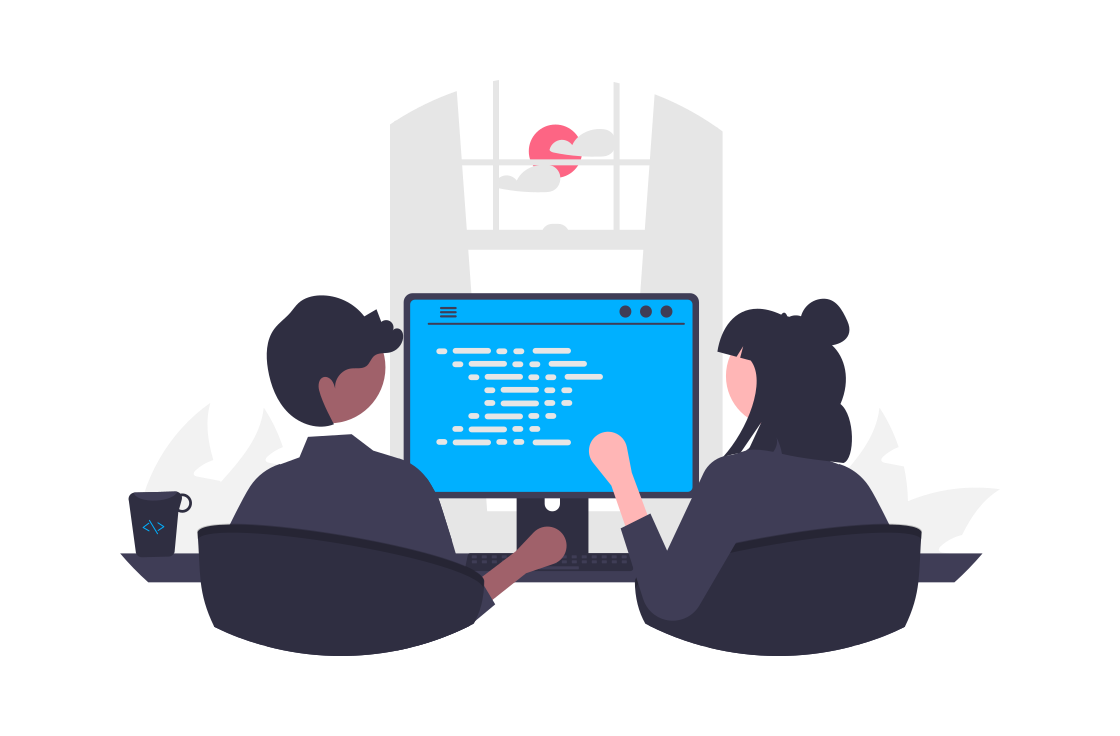How Open-source Software Could Help Your Business
Low cost of ownership is only one of the many benefits of open-source software. Reduced risk, continuity, collaboration, transparency, speed, control and flexibility are some of the other benefits.

Picture this. You are a wannabe entrepreneur fresh out of college with dreams of being the next Steve Jobs. You have the ideas, the drive and the passion. What you don’t have yet is capital. You’re still working out of your dad’s garage. While you’re pinching pennies and trying to build an empire, you enter the wonderful world of open source.
At first, all you know is that it could help you save some money. But then you learn more. You learn that with open source, not only can you view all the code that makes your software run, but also add to it, modify it or even distribute it. You learn that these products were not built by people compelled by the lure of a paycheck, but by a community whose members were passionate enough to set aside their free time to work on it, often for free. You realize that you too can contribute to it, even if you don’t know the first thing about coding—there’s always documentation to be written, designs to be crafted, questions to be answered, meetups to be organized. And now you’re committed to teaching businesses exactly how much they too could benefit from switching to open source. For instance:
Reduced Risk
When you’re picking a software solution for your business, you typically gather your options, check out their websites, see if they have free versions or offer free trials, perhaps get in touch with their sales team to schedule demos. All just to see a fraction of their capabilities for a brief while before you’re rushed to make a decision. But with open source, since all the code is available to you anyway, you could just run it to get full access to all of it for as long as you like. If you’re not completely satisfied with it, you could always try out another at zero additional cost. And if you ever feel the need for additional help, you could always get a support subscription at any point or hire a third-party consultant or even just check the software’s community forum. It’s that simple.
Continuity
You might be 100% satisfied with the proprietary software your business has always used and loved. But there’s no telling what tomorrow holds. The company behind it could go broke. They could decide to discontinue the software in your country (discontinuation of quickbooks). Or they could just decide they no longer want to keep working on it, and you’d be forced to look for an alternative. But if the software were open source, you could keep using it for as long as you like. Since all the code is out in the open, anyone could keep working on it. That anyone could be its existing community, or a developer you hired to build the specific feature you want.
Collaboration
If you ever find something you don’t like in the open source software you’re using, whether it’s a bug or a missing feature or extension, you could always just fix it yourself. Or hire someone to do it for you. Or even just create a feature request or raise an issue, and wait for the company behind it or the community to solve it for you. Even if you’re using it for free.
Cost
Open source solutions are typically cheaper than their proprietary counterparts. If you’re ever stuck while using it, even if money is tight and the support subscription is out of your budget, you could still find a solution by posting your query on the community forum, or even just hire a less expensive third-party firm to fix your problem.
Transparency
Why put your faith and your data in the hands of code that is shrouded in mystery? With open source, you don’t just have to pray to your favourite gods that the software you downloaded is not malicious, you can audit it yourself or pay someone else to, since all the code is out in the open anyway.
Control
Even if you love the proprietary software you use, if the company behind it is incapable of or no longer wants to keep offering it, you’ll be forced to migrate to a new option. Or what if you love it, but you’re comfortable with the version it’s currently on and have no desire to ever upgrade. If the software was open source, you could upgrade to a higher version or migrate to a new option in your own time, at your own convenience.
Speed
If you’re ever desperately in need of a new feature and can’t wait for the people behind your software to build it for you, you could always hire a third party to build it for you since anyone can contribute to an open source project as long as they meet the contribution guidelines.
Flexibility
Sometimes, even if you love a piece of software, there might just be a little something missing. But if it’s open source, you don’t have to settle for a nine out of ten. You could always mould it the way you like. Add the features you want, run it anywhere you fancy. It’s all in your hands.
No comments yet. Login to start a new discussion Start a new discussion